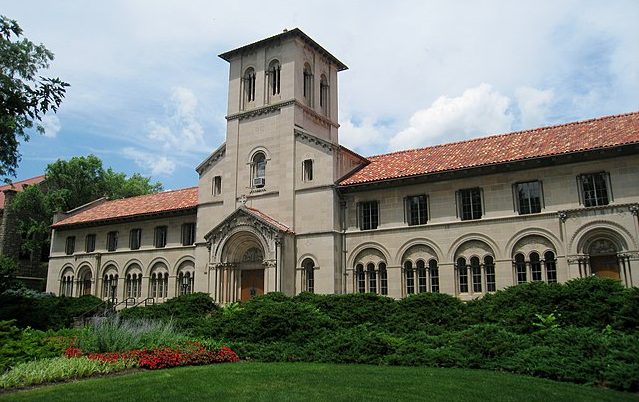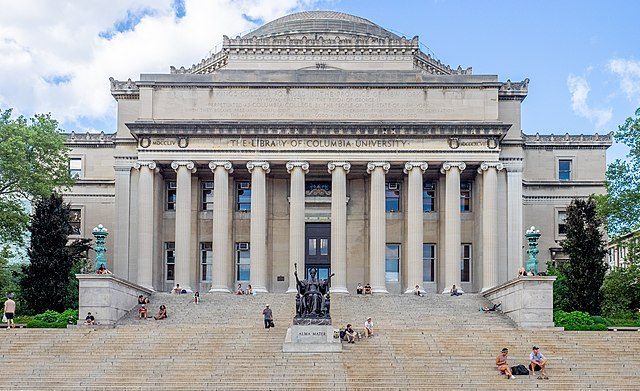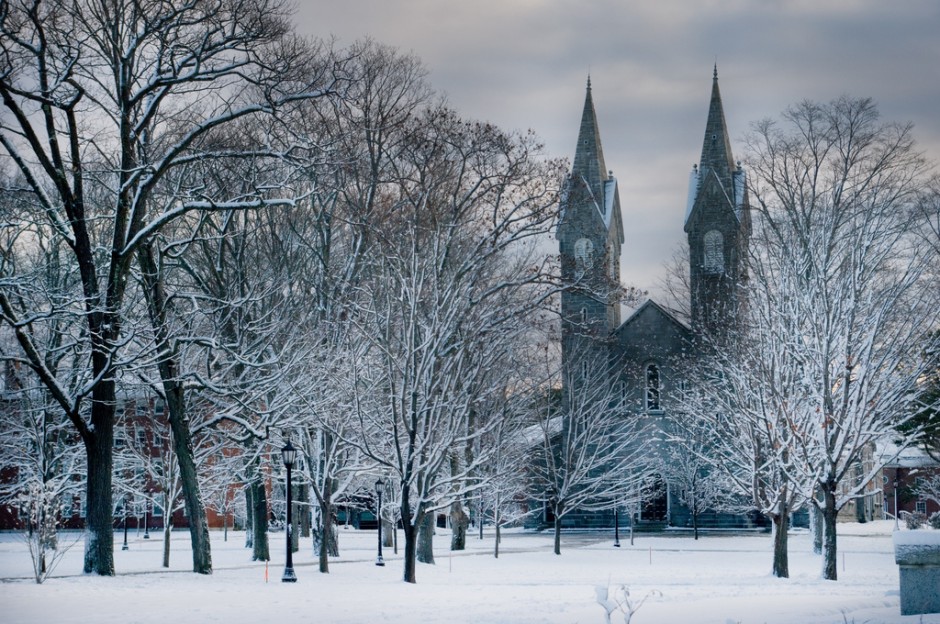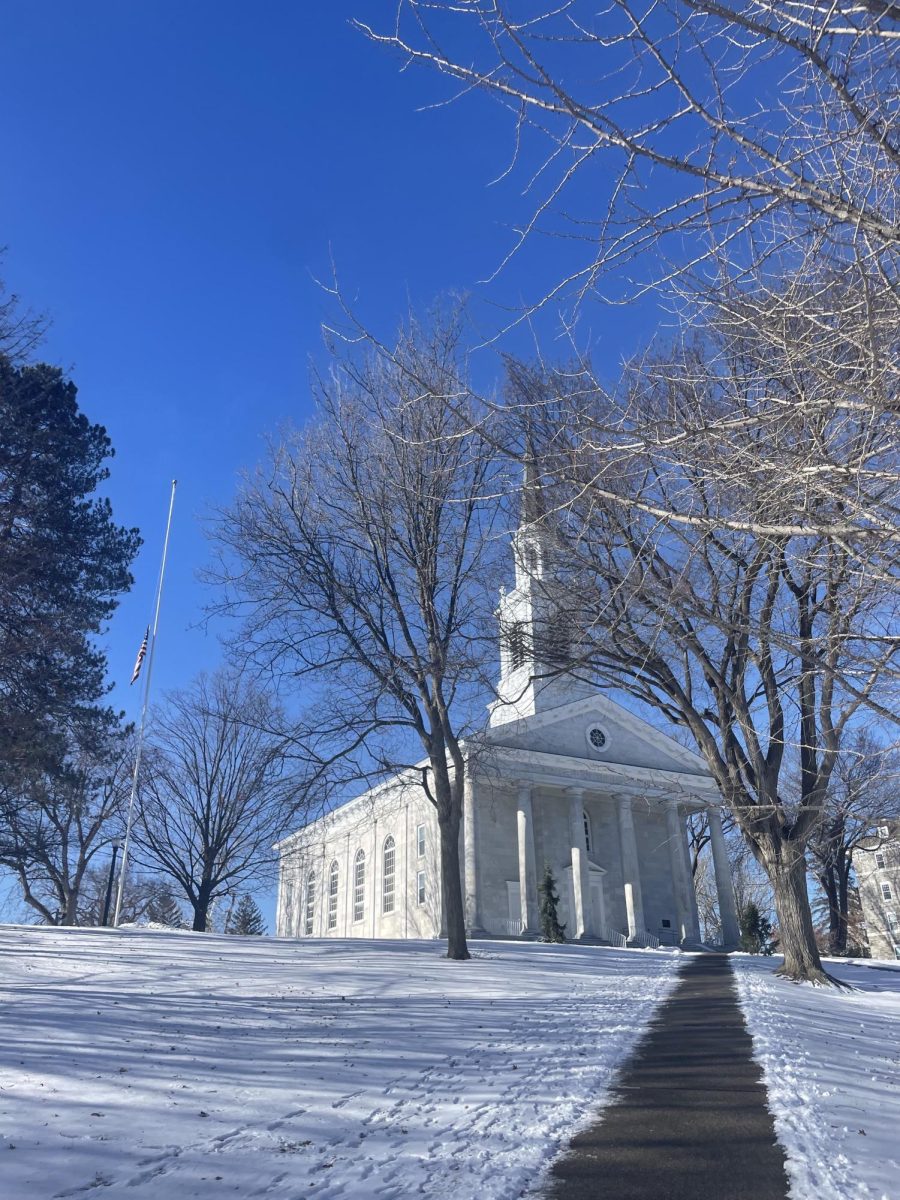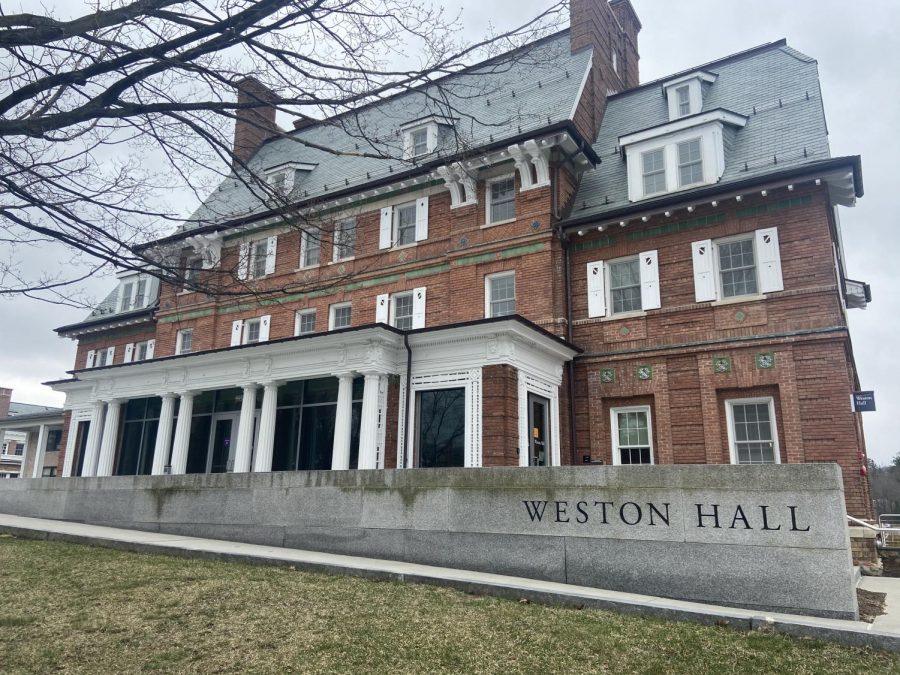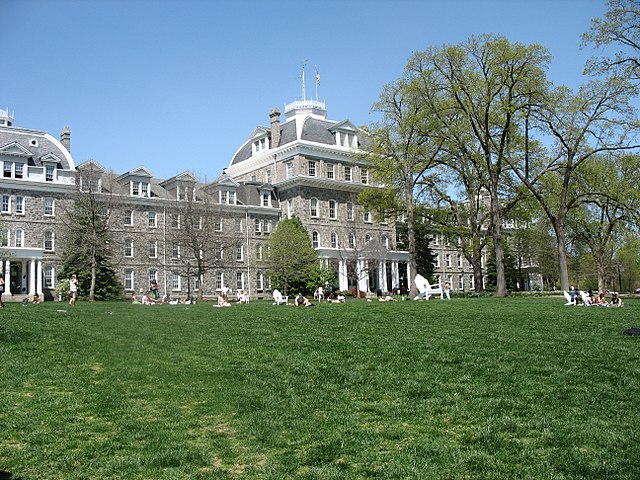
An encampment at Swarthmore ended after nine protesters — including one student and one former student of the college — were arrested on Saturday morning, according to The Swarthmore Phoenix. Prior to the arrests on Saturday morning, seven additional students were given interim suspensions and forced to leave campus.
The encampment began on April 30 when members of Swarthmore’s Students for Justice in Palestine (SJP) set up tents on the college’s Trotter Lawn — which protesters renamed the “Hossam Shabat Liberated Zone” in honor of a Palestinian university student killed in an airstrike, The Phoenix reported. The same day, SJP released a list of demands, including “full divestment from all companies that profit from the Zionist entity’s occupation of Historic Palestine” and “material protections for its most vulnerable community members,” as stated on their Instagram page.
The list of demands specifically called for Swarthmore to divest from Cisco, “a company that supports the security infrastructure of the Zionist settler-colonial state.” According to The Phoenix and the Instagram post, the demands also called for endowment investments to be made public, for the college to publicly condemn the destruction of institutions of higher education in Gaza, and to protect vulnerable students and community members.
Swarthmore President Val Smith and Vice President for Student Affairs Stephanie Ives began to issue warnings to protesters a few hours after the encampment was set up, stating that they were violating Swarthmore’s Student Code of Conduct. “Students were also told, twice in writing as well as verbally, that if they failed to disperse, they would be placed on interim suspension, which includes the loss of academic privileges and access to campus services (including housing and food),” Smith wrote in a statement on April 30 to the Swarthmore community. “For seniors, this would include a ban from Commencement activities.”
Smith added in her statement that “neither of these code prohibitions pertains to the content of the speech being promoted at the protest. I have affirmed time and again the College’s belief in and support of individuals’ rights to peaceful protest and dissent.”
After issuing a series of warnings, the college began notifying students of interim suspensions, while the Swarthmore Police Department began charging non-student protesters — who were notified of the encampment through SJP’s Instagram announcements — with trespassing charges.
The following day, after an emergency faculty meeting, Smith announced that law enforcement would be called if the encampment was not dismantled by midnight — a deadline that Smith later extended to 1 a.m. When protesters remained on the morning of May 3, over 30 police officers from eight police departments entered the encampment and arrested the remaining protesters, seven of whom were later identified as unaffiliated with Swarthmore, according to live updates from The Phoenix.
Smith addressed the arrests in an announcement on May 3. “With rising concerns about safety and security on campus, a continued and growing presence of individuals unaffiliated with the College, warnings from outside law enforcement agencies, and no signs that protesters were willing to engage in conversation that would bring the encampment to an end, I felt we had no choice but to seek outside assistance from local law enforcement,” she wrote.
This encampment follows recent encampments this year, such as at Bowdoin in February and Yale in April, where students have also faced disciplinary actions.



